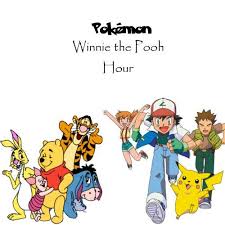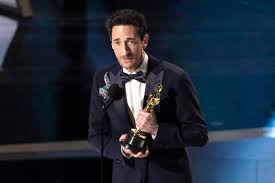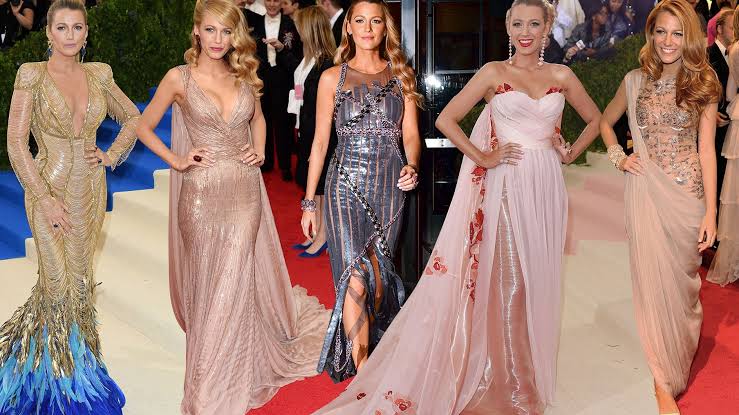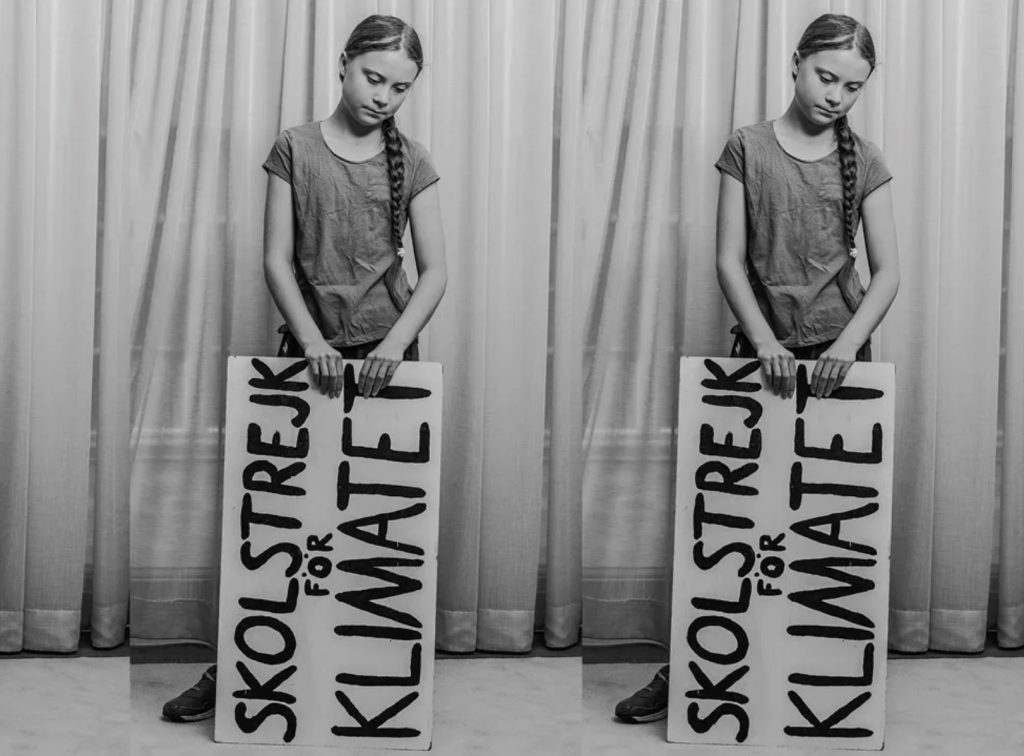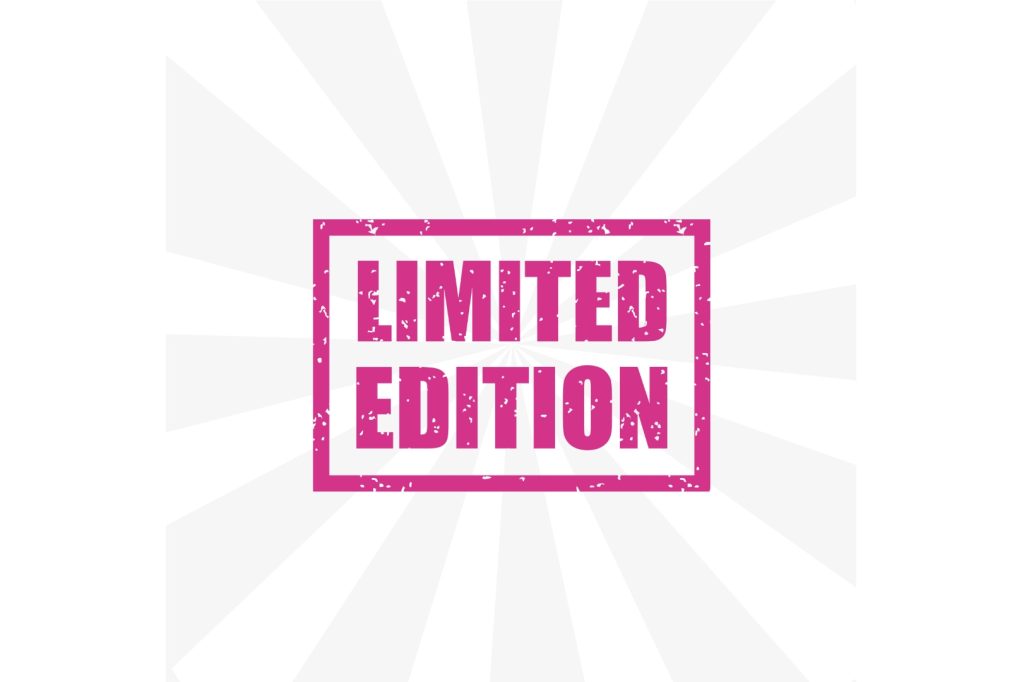Pop Culture’s Two Takes on Mental Health & Growth
Somewhere between Saturday morning cartoons and adulthood’s mental health apps, two childhood classics quietly shaped how we view emotional survival: Winnie the Pooh and Pokémon.
Look closer. Winnie the Pooh is the therapy room, gentle, emotional, validating.
Pokémon is the battlefield, gritty, competitive, transformative.
Two worlds. Two worldviews. And if we’re being honest, in today’s world, we kind of need both.
Winnie the Pooh and Pokémon: Two Maps for Emotional Survival:
Winnie the Pooh: The Mental Health Mood Board We Didn’t Know We Needed
At first glance, Winnie the Pooh feels like a slow, sweet dream.
But dig deeper—every character is basically an emotional archetype:
Pooh → Mindfulness without the branding. He reminds us that joy can be found in the simplest things—a snack, a friend, a sunny spot to nap.
Tigger → Escapism on full blast. He bounces (literally) away from anything uncomfortable, masking emotion with energy.
Piglet → Anxiety embodied. Constantly worried but never unloved. Proof that fear doesn’t make you less worthy of connection.
Eeyore → The realist. Not a pessimist, but a truth-teller about life’s heavier moments.
Rabbit → High-functioning anxiety. The planner who looks in control until everything unravels.
Pooh’s Hundred Acre Wood tells us:
Feel your feelings.
Accept where you are.
Healing isn’t a race.
It’s emotional safety at its purest.
Pokémon: The Hustle Culture Blueprint Disguised as a Kids’ Game
Meanwhile, Pokémon comes at life swinging:
You don’t process feelings—you power through them.
You don’t sit with struggles—you evolve past them.
You don’t just be—you become.
Pokémon teaches:
Adapt, or fall behind.
Grind, or get left behind.
Evolve, or risk irrelevance.
Every missed evolution, every “not ready yet,” isn’t just a plot point, it’s a reminder that in this world, readiness is a luxury. Pokémon is emotional growth with a ticking clock.
Why We Embrace Winnie the Pooh’s Emotions But Not Pokémon’s Pressures
Winnie the Pooh and Pokémon both reflect real-world survival. However, only Pooh gets framed as mental health wisdom. Why? Because comfort is easier to celebrate than confrontation.
Pooh gives us a soft place to land.
Meanwhile, Pokémon demands we move even when we’re tired.
In real life, society wants us to be a Charizard—powerful, evolved, marketable.
Yet, no one wants to admit how many of us are actually Psyducks—confused, overwhelmed, just trying to float without drowning.
The truth is, sometimes mental health is snacking in peace like Pooh;
other times, mental health is grinding through like Pikachu facing his 57th battle.
We need both maps.
We just don’t always like how the second one feels.
Are You in a Winnie the Pooh Era or a Pokémon Era?
Where are you right now? Some days you’re:
An Eevee, standing at the crossroads of potential, not rushed to evolve.
A Snorlax, embracing unapologetic rest.
A Magikarp, struggling and splashing around until your inevitable glow-up.
A Charmander, knowing bigger battles are coming but lighting small fires anyway.
Ultimately, mental health isn’t just about processing emotions. It’s about surviving life’s battles with your humanity intact.
Across both worlds. Pooh’s woods and Pokémon’s arenas, one truth remains:
Some days you pause.
Some days you push.
Both are valid. Therefore, both are survival. The key is knowing when to rest, and when to rise.
So, are you letting yourself simply exist like Pooh?
Or grinding through the challenges like a seasoned Pokémon trainer?
There’s no wrong answer.
Just know when it’s time to heal, and know when it’s time to evolve.
Which era are you in right now? Drop your era in the comments. Let’s build our own map.
More about Emotional Survival And Growth

